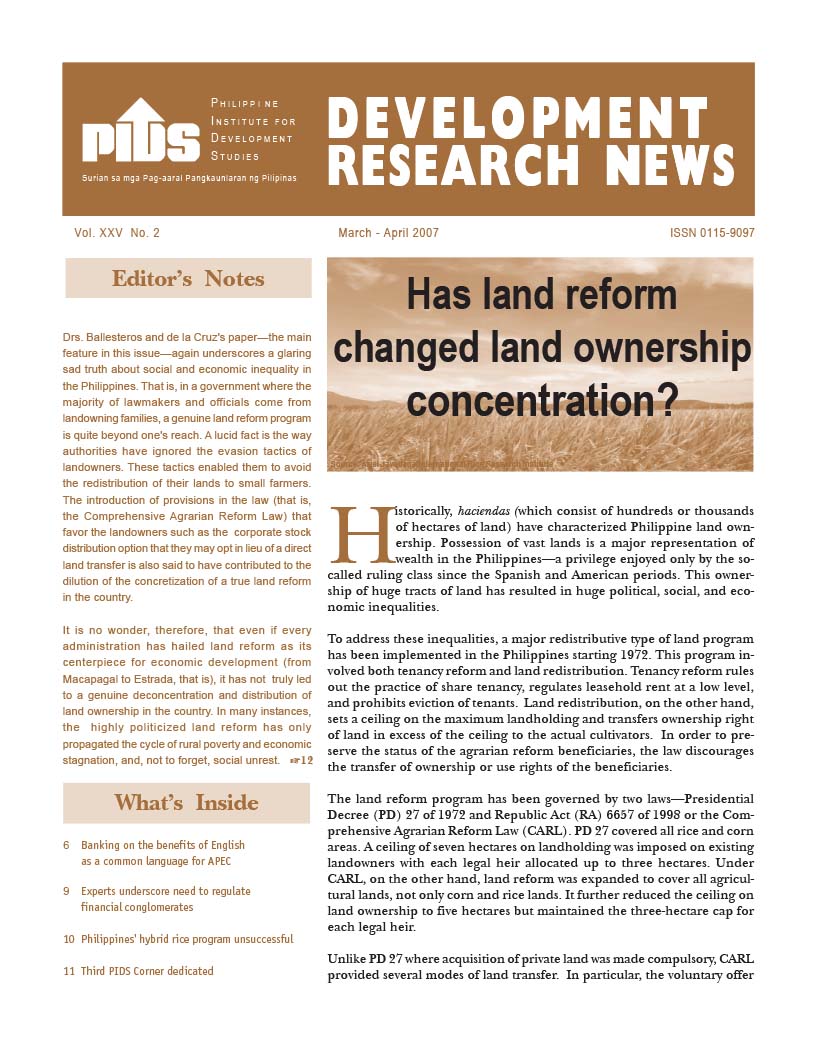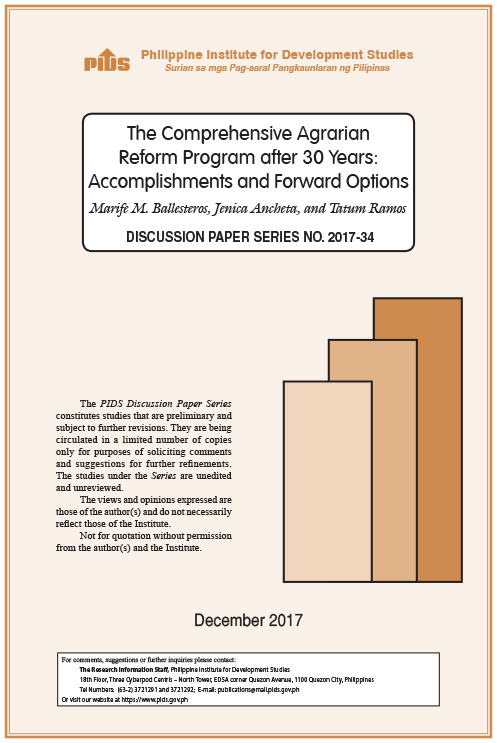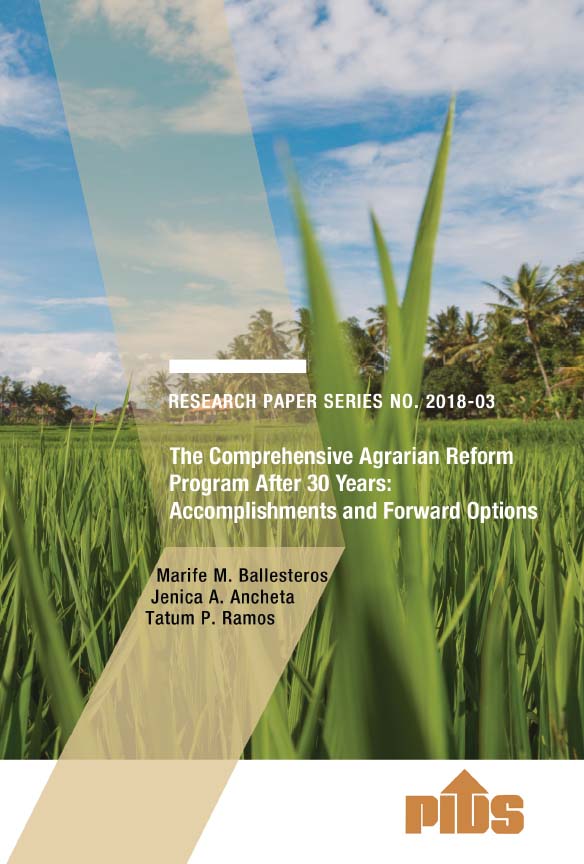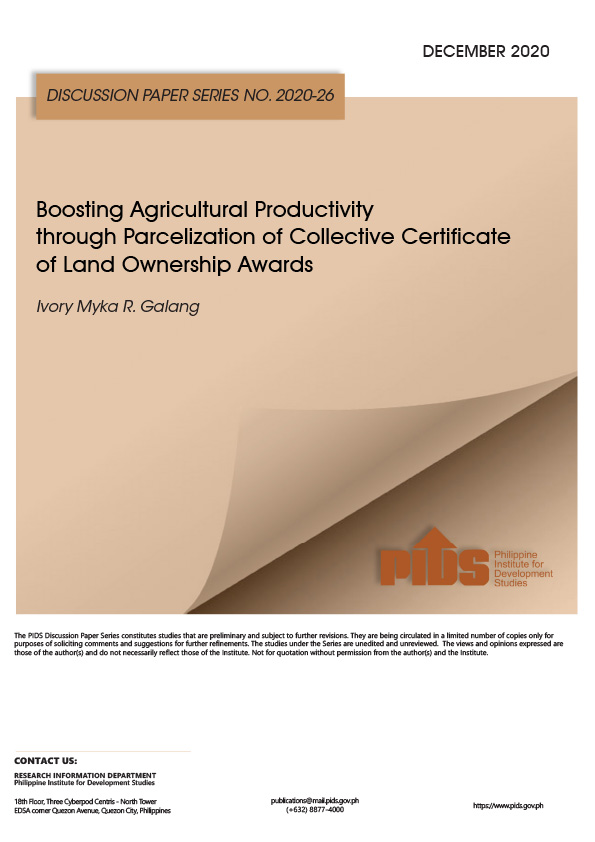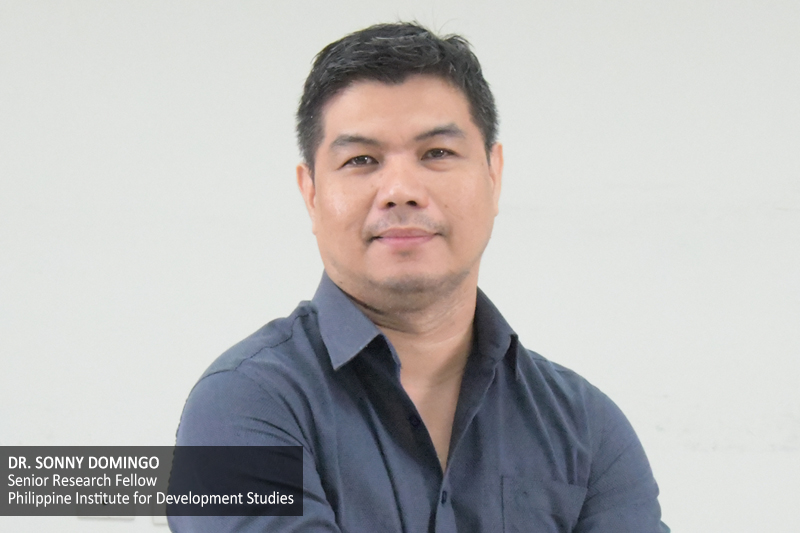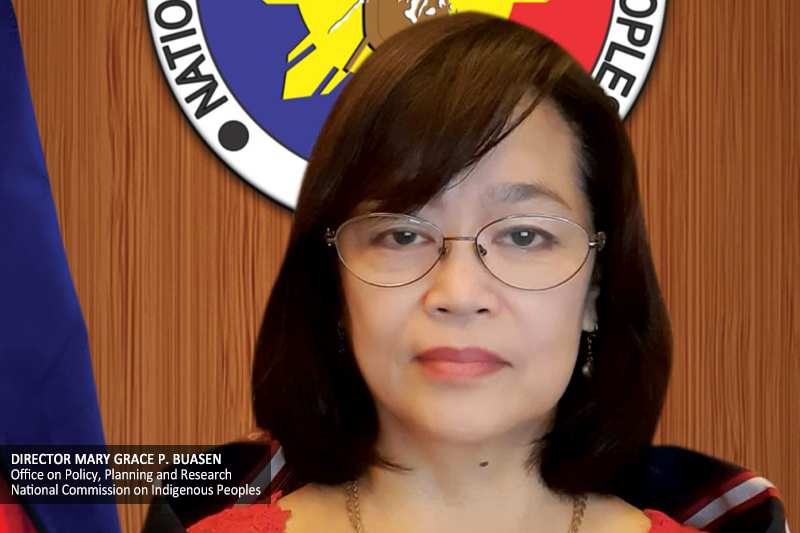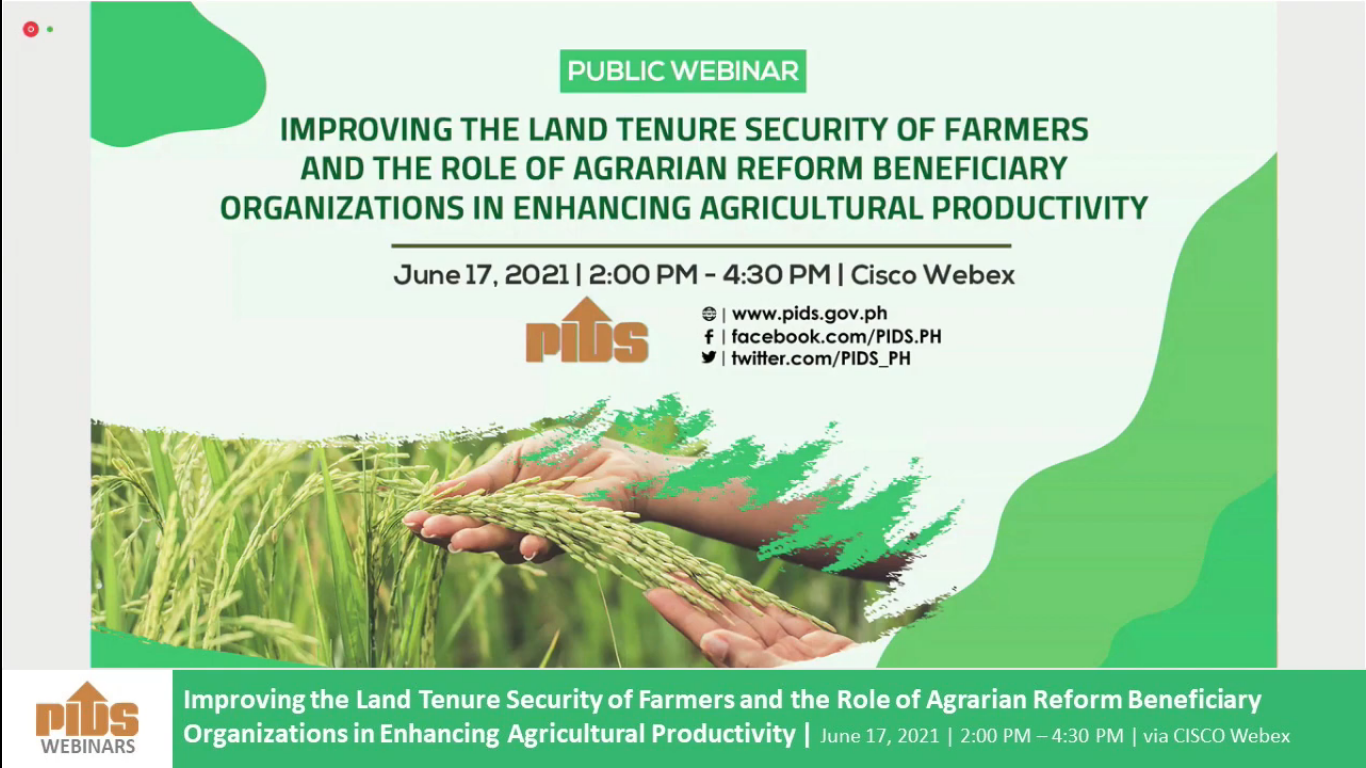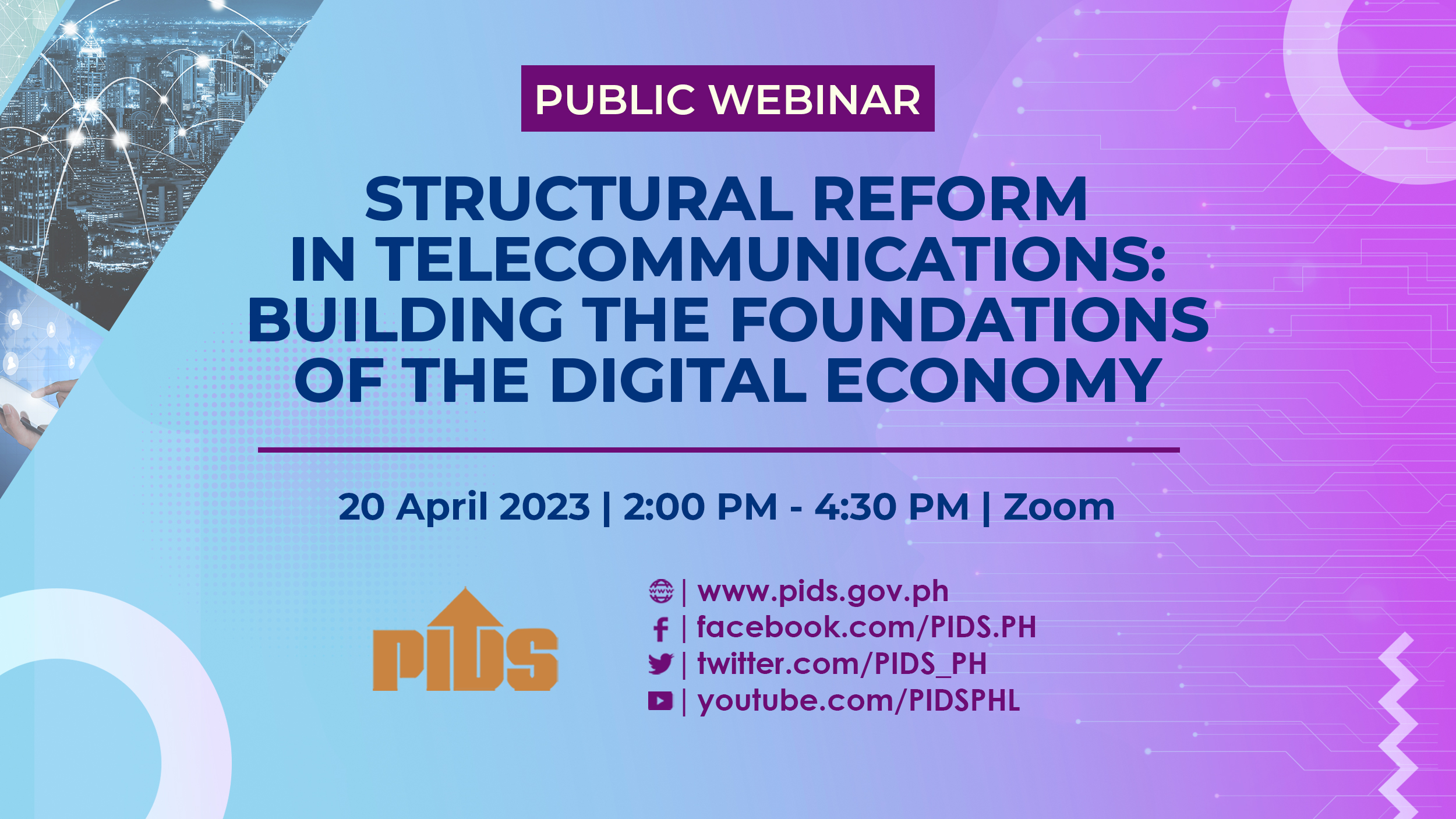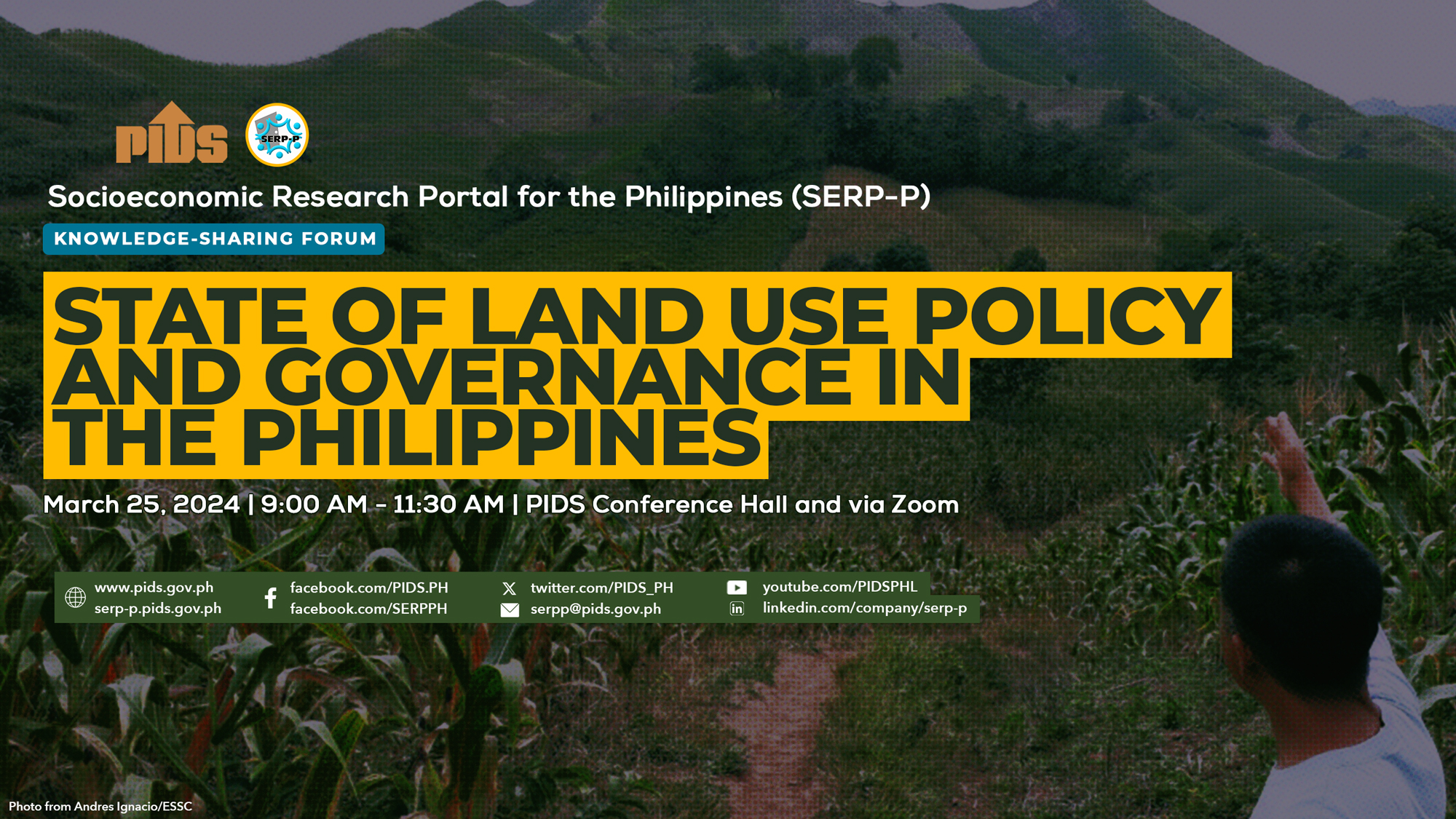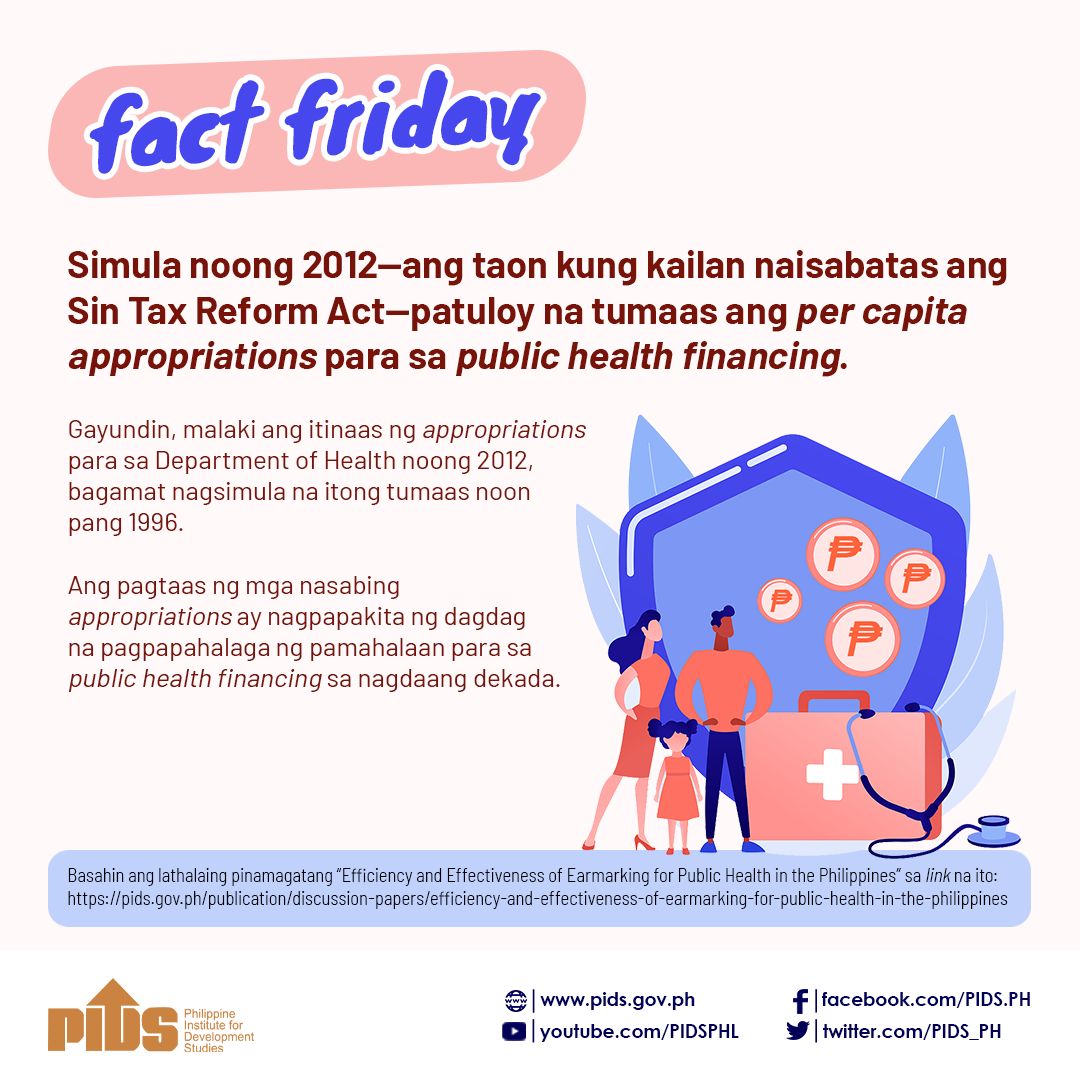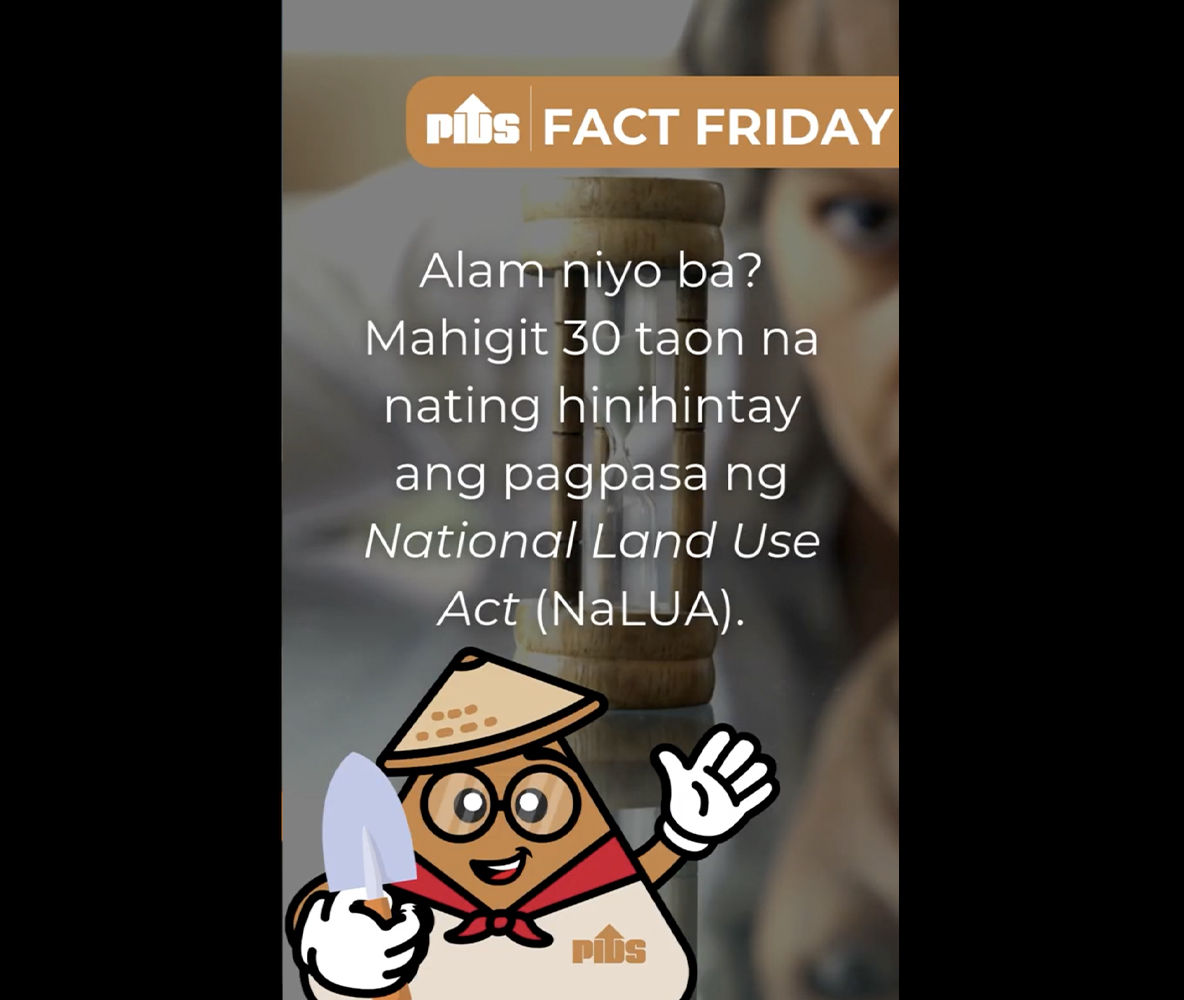The main feature in this issue underscores a glaring sad truth about social and economic inequality in the Philippines. That is, in a government where the majority of lawmakers and officials come from landowning families, a genuine land reform program is quite beyond one's reach. Even if every administration has hailed land reform as its centerpiece for economic development (from Macapagal to Estrada, that is), it has not truly led to a genuine deconcentration and distribution of land ownership in the country. In many instances, the highly politicized land reform has only propagated the cycle of rural poverty, economic stagnation, and social unrest. Equally crucial is looking into the reasons why farmer beneficiaries of land reform are increasingly selling or mortgaging the lands awarded to them. For farmers to truly appreciate landownership, it should translate to tangible economic and social benefits and to help them realize this, the government should see to it that they have access to credit, capital, technology, management skills, and marketing information.

